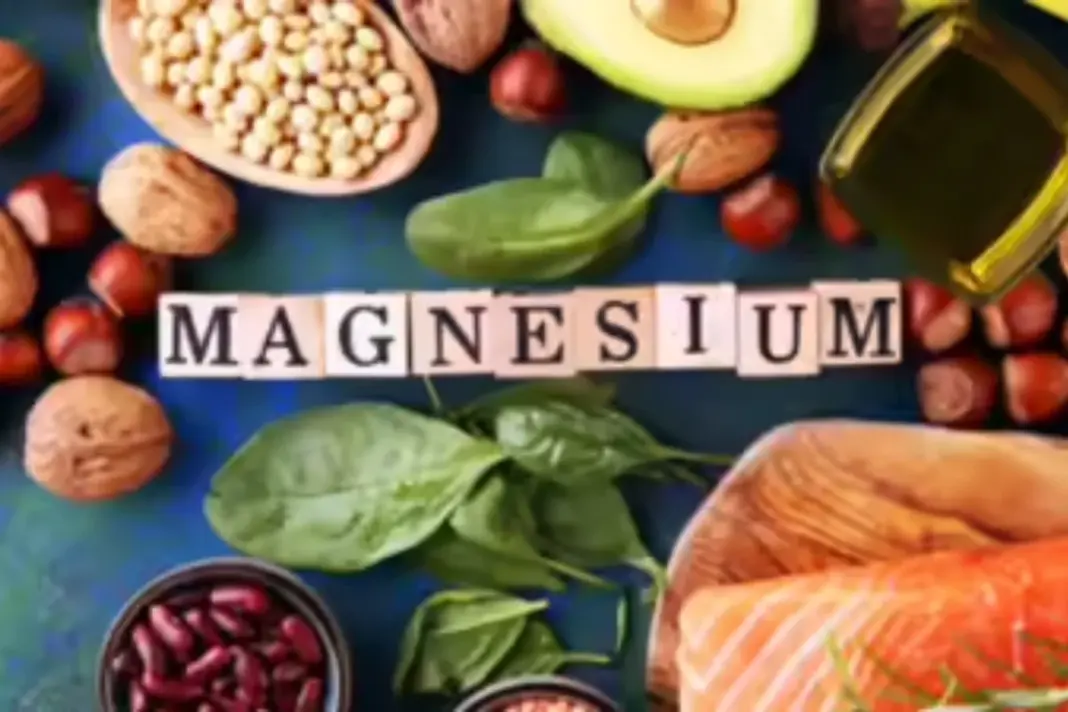A racing heart that skips a beat, unexplained tiredness, or sudden muscle weakness may seem harmless at first. Yet, these signals often point toward something more profound, a silent nutrient gap that many ignore.
With daily routines dominated by fast-paced living and processed meals, the body’s quiet alarm grows louder. Understanding these warning signs can help restore balance, energy, and long-term heart health protection.
Why Should Magnesium Deficiency Not Be Ignored?
Magnesium plays a key role in heart health, muscle function, and energy production. Low magnesium signs often begin quietly with irregular heartbeat, unexplained fatigue, or sudden weakness. Magnesium deficiency symptoms may also include anxiety, muscle cramps, and stress intolerance.
Warning signs should not be overlooked because a long-term lack can disrupt nerve signals and cardiovascular balance. With today’s fast-paced lifestyle and processed diets, more people risk running low without realising it. Dietician Zarna Shah, in a video, suggests five magnesium-rich foods that support a steady heart rhythm and daily energy.
Key Factors Leading to Low Magnesium Levels in the Body
Modern habits often reduce the body’s ability to absorb this vital mineral. Lifestyle choices, certain health issues, and common diet patterns can have a lasting impact.
1. High intake of calcium or phosphates competes with magnesium.
2. Excess alcohol speeds up magnesium loss through urine.
3. Medications like diuretics and antibiotics reduce levels.
4. Digestive disorders disrupt absorption.
5. High sugar intake increases excretion.
6. Low vitamin D slows absorption.
7. Chronic stress drains magnesium reserves.
Expert Insights on Magnesium and Heart Health
Cardiologists stress that magnesium is vital for a steady heart rhythm and healthy blood pressure. It supports smooth nerve communication and muscle stability in the heart. Balanced levels help reduce strain during physical and emotional stress.
Top 5 Magnesium-Rich Foods to Add Daily
Building a diet with Magnesium-Rich Foods can prevent recurring issues linked to low magnesium levels. They supply energy and support heart health.
1. Pumpkin seeds – around 150 mg per 30 g.
2. Cooked spinach – about 150 mg per 100 g.
3. Almonds – roughly 80 mg per 30 g.
4. Cooked black beans – around 60 mg per 30 g.
5. Dark chocolate (70–85% cacao) – approximately 180 mg per 100 g.
How Magnesium Improves Energy and Vitality?
Magnesium plays a central role in producing ATP, the body’s main energy source, keeping every cell fueled. It helps regulate sleep patterns, supports stress control, and enhances mental focus.
Regular intake also improves muscle endurance, reduces post-exercise soreness, and maintains steady stamina throughout the day, naturally boosting vitality without artificial stimulants or quick fixes.
Practical Tips to Maintain Healthy Magnesium Levels
Adults require about 310–420 mg of magnesium daily, which can be met through carefully chosen foods. Adding spinach, nuts, seeds, beans, and dark chocolate can maintain balance.
Staying hydrated improves absorption, while reducing processed sugar and alcohol protects magnesium stores. Prioritising whole foods and stress management supports long-term health better than relying solely on supplements or quick fixes.
Early signs like irregular heartbeat or muscle weakness can be avoided with a balanced diet rich in magnesium every day.



